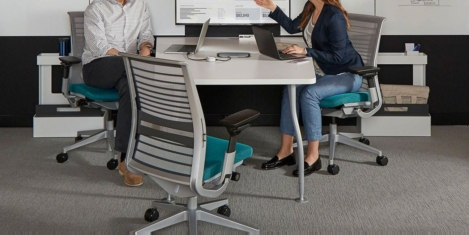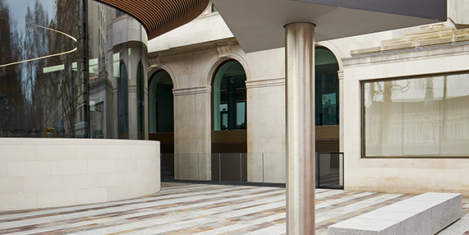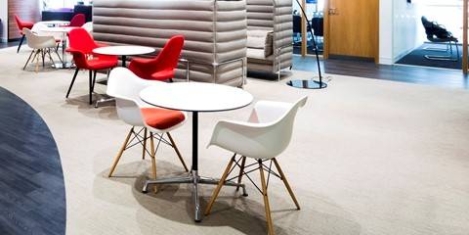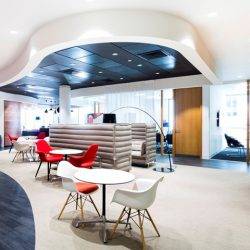April 24, 2017
Commercial property lenders should drive sustainability through financial innovation 0
 The commercial real estate finance sector is witnessing a dramatic shift in attitudes towards the issue of sustainability, according to a new report from the Better Buildings Partnership. It claims that major commercial property lenders are already exploring new opportunities that go well beyond traditional risk management through sustainability initiatives that ‘drive new business, strengthen customer relationships and improve the data they hold on the buildings in which they have underwritten’. The report, Beyond Risk Management: How sustainability is driving innovation in commercial real estate finance, is sponsored by CREFC Europe, GeoPhy, ING Bank and Lloyds Bank Commercial Banking, and claims to reveal pioneering examples of how lenders are incorporating sustainability into their core business activities.
The commercial real estate finance sector is witnessing a dramatic shift in attitudes towards the issue of sustainability, according to a new report from the Better Buildings Partnership. It claims that major commercial property lenders are already exploring new opportunities that go well beyond traditional risk management through sustainability initiatives that ‘drive new business, strengthen customer relationships and improve the data they hold on the buildings in which they have underwritten’. The report, Beyond Risk Management: How sustainability is driving innovation in commercial real estate finance, is sponsored by CREFC Europe, GeoPhy, ING Bank and Lloyds Bank Commercial Banking, and claims to reveal pioneering examples of how lenders are incorporating sustainability into their core business activities.







 London’s office workers are looking for shorter commutes, demanding more collaborative and networking opportunities while at work and better access to green space, retail, leisure and wellness; all of which could present a huge opportunity for the less congested outer London boroughs, a new report suggests. According to Savills latest London Mixed Use Development Spotlight, as employers and employees alike demand more from their workplace and their work- life balance, London’s outer boroughs could reap the benefits by providing greater flexible office space and affordable homes at a variety of price points. According to Oxford Economics, employment in sectors that tend to occupy co-working spaces is set to rise by 20,000 people in the outer London boroughs over the next five years, which equates to a gross additional need of 1.6 million sq ft (148,644 sq m) of office space.
London’s office workers are looking for shorter commutes, demanding more collaborative and networking opportunities while at work and better access to green space, retail, leisure and wellness; all of which could present a huge opportunity for the less congested outer London boroughs, a new report suggests. According to Savills latest London Mixed Use Development Spotlight, as employers and employees alike demand more from their workplace and their work- life balance, London’s outer boroughs could reap the benefits by providing greater flexible office space and affordable homes at a variety of price points. According to Oxford Economics, employment in sectors that tend to occupy co-working spaces is set to rise by 20,000 people in the outer London boroughs over the next five years, which equates to a gross additional need of 1.6 million sq ft (148,644 sq m) of office space.


























February 21, 2017
What you need to know about changes to business rates and lease renewals 0
by Alex Watt • Comment, Facilities management, Legal news, Property
More →